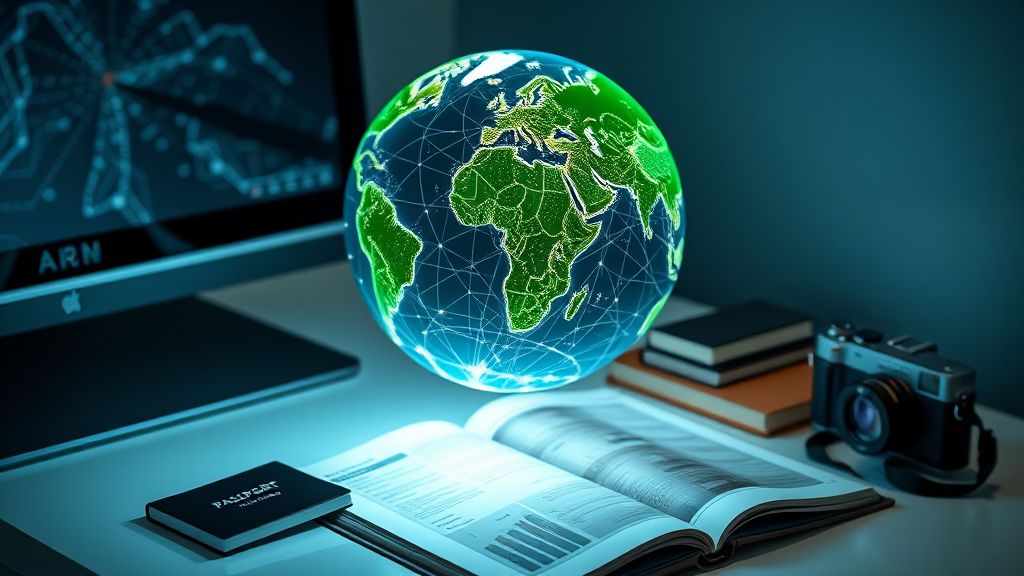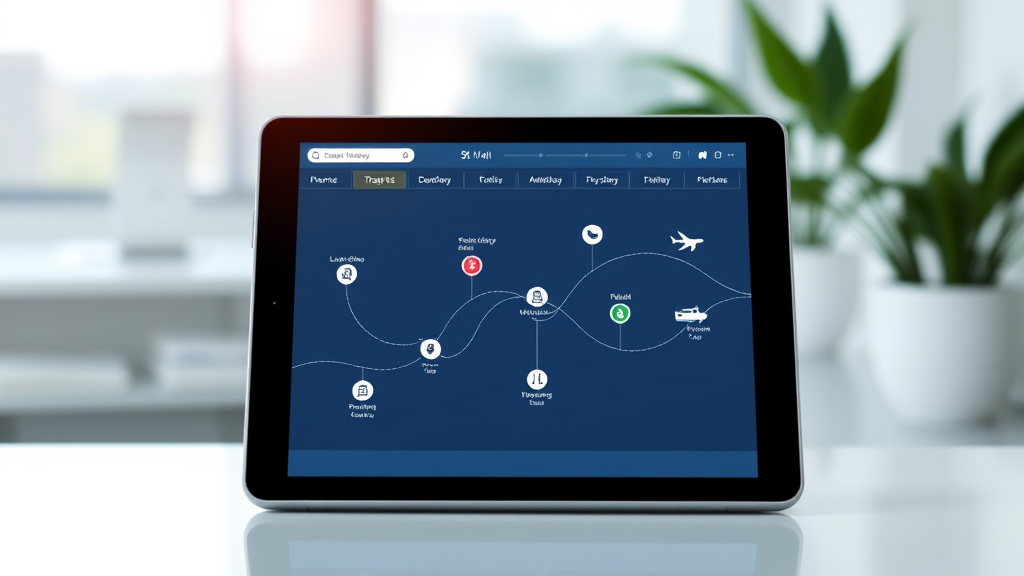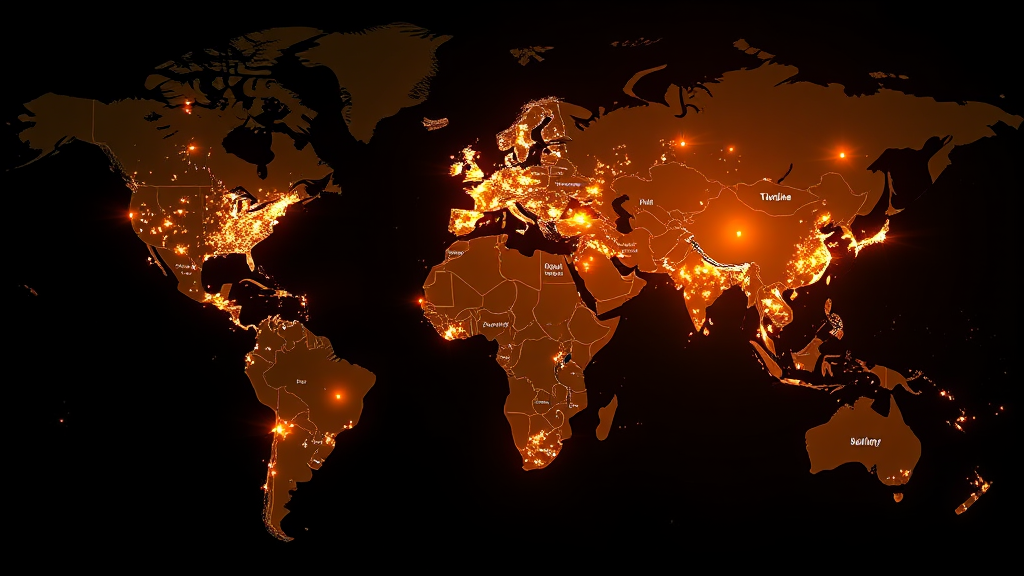Planning a vacation can feel like both a joy and a challenge. The excitement of imagining new destinations often collides with the stress of logistics: endless searches for flights, hotels, and activities that match personal preferences. In recent years, artificial intelligence (AI) has begun reshaping this process, turning what used to be overwhelming into something effortless. Instead of sifting through hundreds of options, travelers are now being guided toward experiences tailored to their unique tastes and budgets.
The rise of AI in travel isn’t about removing choice—it’s about making smarter recommendations so travelers can spend less time planning and more time enjoying.

How AI Understands Travel Preferences
At the heart of AI-powered travel is personalization. Every traveler is different: some value luxury resorts, others prefer hidden guesthouses; some chase adventure, others seek cultural immersion. AI tools analyze patterns—previous trips, browsing behavior, seasonal interests—and translate them into meaningful suggestions.
Imagine a system that recognizes you enjoy art museums and wine tours. Instead of offering every city in Europe, it might highlight Barcelona for its Gaudí masterpieces paired with Catalan vineyards nearby. For a family traveler, AI can prioritize destinations with kid-friendly activities, spacious accommodations, and flexible booking options.
This level of personalization is now standard with platforms like Expedia, where AI tools help narrow down choices into curated recommendations that feel more like a trusted friend’s advice than a generic search result.
Smarter Itinerary Building
AI isn’t just about picking destinations—it’s about weaving them into seamless journeys. Multi-city trips, once notoriously difficult to organize, can now be streamlined with AI’s ability to calculate travel times, compare costs, and suggest the most efficient routes.

For instance, a traveler wanting to visit Paris, Rome, and Athens could spend hours comparing flight combinations. An AI system can instantly highlight the most logical sequence, factoring in not just price but convenience and downtime. The result is an itinerary that feels natural rather than forced.
With Expedia’s AI-driven tools, travelers don’t need to second-guess whether they’ve missed a better connection or overlooked a hidden gem along the way—the platform does the heavy lifting.
AI-Powered Discovery of Hidden Gems
One of the most exciting features of AI is its ability to uncover places travelers might never have considered. Instead of sticking only to major cities, AI can analyze interests and propose nearby regions or lesser-known towns that align with those preferences. A foodie heading to Tokyo may also be directed to Kanazawa for its seafood markets, while someone bound for London might discover day trips to the Cotswolds or York.

This balance between iconic landmarks and hidden treasures makes travel richer and more memorable. AI doesn’t just optimize efficiency—it adds depth, making sure trips feel fresh rather than formulaic.
Anticipating Needs Before You Ask
Perhaps the most futuristic aspect of AI is its predictive ability. Based on data patterns, AI can anticipate what a traveler might need even before they realize it. For instance, if someone often books spa packages on beach vacations, the system can surface wellness resorts in advance. If a traveler tends to plan short city breaks, AI may suggest weekend getaways with minimal travel time.
These subtle nudges help reduce decision fatigue and make the planning process feel intuitive. By combining AI-driven insights with user-friendly booking platforms like Expedia, travelers gain confidence that every element of their trip has been thoughtfully considered.

A Balance Between Technology and Human Experience
While AI provides efficiency and personalization, it doesn’t replace the human joy of discovery. The best trips are shaped by spontaneous moments—an unplanned café stop, a conversation with a local, or a surprise festival in town. AI doesn’t eliminate these; it simply clears the clutter, ensuring that travelers arrive with the energy and freedom to embrace them.
The role of AI in travel is to make planning less about stress and more about possibility. When flights, hotels, and activities are aligned to fit personal rhythms, travelers can focus on what truly matters: the journey itself.
The Future of Smarter Travel
As AI continues to evolve, so will its role in shaping vacations. Future systems may integrate real-time factors—like weather changes or crowd levels—to adjust itineraries dynamically. Imagine a day trip automatically rescheduled to avoid rain, or a museum visit shifted to a quieter time slot.
These innovations point toward a future where travel feels not just personalized, but intuitive. With trusted platforms such as Expedia leading this transformation, travelers are no longer just searching—they’re experiencing recommendations that truly align with who they are.




